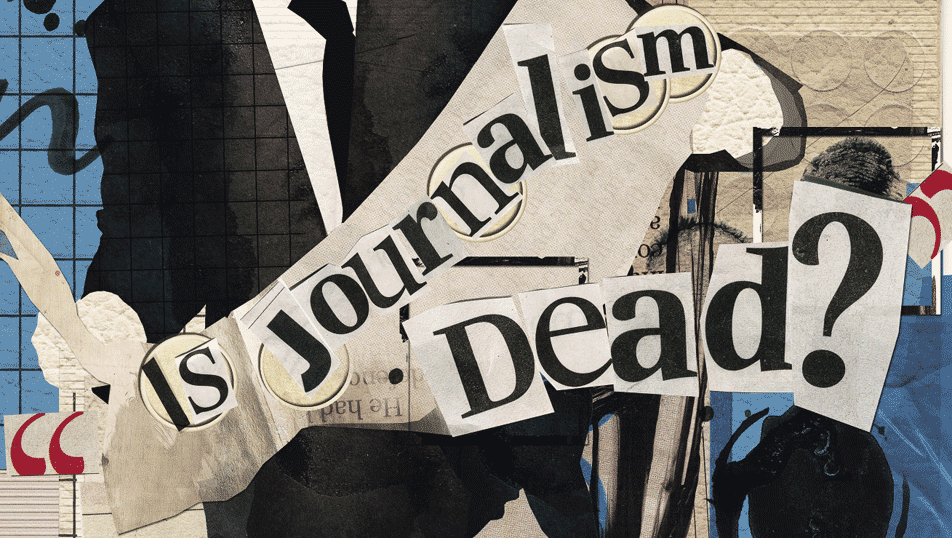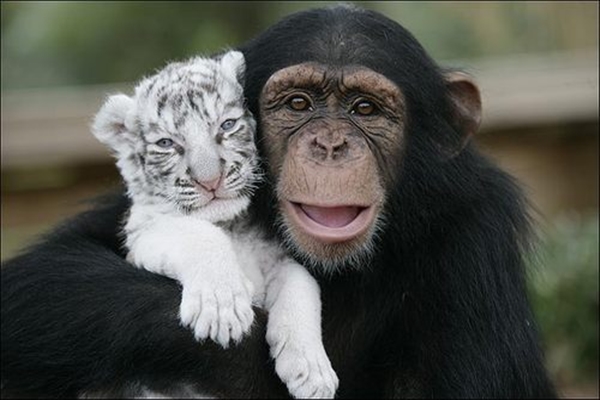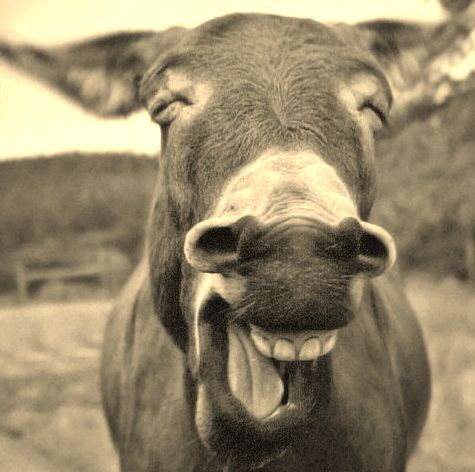Six years ago, I quit my career in media to start working in health and social care. Unlike journalism, which requires you to wade through a cesspit of bullshit and negativity on a daily basis, support work is refreshingly positive and rewarding. This life change was the consequence of a decade-long awakening to several truths: Firstly, my opinion is worth no more than anyone else’s. Secondly, personal evolution is needed far more than political revolution. Thirdly, there really was no media outlet worth writing for anymore.
Journalism is dead, I decided. F**k the corporate media – and f**k the Indy media, too. Citizen journalism is the future. That’s the conclusion I came to, and as time has passed, I’ve only become more convinced of it. With hindsight, I realise that what I’d labelled writer’s block was just a symptom of the grief I was feeling over the death of journalism itself.
I started my Journalism degree on 14th September 2001, just three days after 9/11. There it was on the TV, replayed over and over again: Death, destruction, shock, fear, confusion, hysteria. It was the end of life as we knew it. The end of global harmony, the end of taking a burka-wearing Muslim at face value, the end of critical thinking, the end of live and let live. The end of history itself.
It was a terrible time for humanity, but the most exciting time ever to study journalism. In addition to learning how to craft articles (ie, how to manipulate the masses), I studied the science of language. I was particularly fascinated by classes that delved into issues of politics and power: how words are carefully chosen to sway public opinion, how linguistic devices can be used to hypnotise an entire population, how speeches can be used to gain popular support for illegal wars.
Language is an incredibly powerful tool. It can turn neighbour against neighbour, instill fear and hatred, and cover up grotesque lies. I spent every waking minute analysing Bush’s gung-ho war speeches, Blair’s deceitful warnings about WMD in Iraq, and comment from so-called respectable media outlets on why invading Iraq and Afghanistan was the ‘right thing to do’.
I learned about the Journalism industry’s code of conduct and the importance of media ethics – a concept which seems laughable twenty years later. I studied media law and the history of the industry going back to the printing press, looking at how our current systems of media monopolization and corporate globalisation have impacted honest reporting.
I’d dreamed of writing for The Guardian since I was a kid, but the fact that the world had just changed forever was to ruin that fantasy, because understanding how the media industry works ultimately caused me to despise it. The iconic, infamous image of those burning planes consuming the twin towers didn’t only mark the beginning of the end of our civilisation, they also sounded the death toll of journalism as it once was: ethical, accountable and investigative.
By the end of my degree course in 2005, I had nothing but contempt for the mass media. From the in-yer-face fear-mongering and sensationalism of the red tops to the extremely covert (yet equally powerful) propaganda peddled by ‘leftie’ broadsheets, I didn’t believe a word any more. I’d come to believe that the industry’s power over our perception of reality is the biggest threat to all the things I hold dearest: peace, truth, freedom and justice. I wasn’t scared of Saddam Hussein and Osama Bin Laden; I was scared of Robert Maxwell and Rupert Murdoch.
The monopolization of the press (fewer individuals or organizations controlling increasing shares of the mass media) is growing year by year. Media mogul Rupert Murdoch’s right wing, neo-liberal politics are reflected in his 175 newspapers, and endorsed by pundits on the 123 TV channels he owns in the USA alone. One rich, corrupt man’s perspective consumed by millions of people across the globe. It’s a grotesquely all-encompassing monopoly, leaving no doubt that Murdoch is one of the most powerful men in the world. What’s worse is that his power doesn’t start and end with his media interests.
One of the most disturbing things to emerge from the infamous News International phone hacking scandal was the exposure of numerous shady connections between press tycoons and top politicians. The case exposed a quagmire of corruption, ‘chumocracy’ and corporate intimidation, with details emerging of the media mogul’s threats to various politicians who didn’t do his bidding, of secret meetings and clandestine friendships. How can senior journalists do their job of holding politicians to account when they are holidaying together or rubbing shoulders at private dinner parties? They can’t, and they never intended to.
The purpose of the mainstream media is the same as any other industry in a Capitalist society: to make profit. It’s time to let go of any naive notions that the press exists to inform, educate and entertain us. Profit is the goal, followed closely by the quest for consolidation of power, the exertion of control over law-makers, and the manipulation of public opinion (often as a means to these ends). Mainstream publications make the vast majority of their profit from advertising (typically around 75%), meaning it’s these super-rich advertisers and powerful shareholders who dictate editorial content – not journalists, and certainly not consumers.
Considering the UK government has spent millions of taxpayer pounds on mass media advertising during this ‘pandemic’, the conflict of interest is clear. As (ex-Fleet Street journalist) Chris Sweeney writes: ‘It will surprise most Brits that the nation’s biggest advertiser is not Amazon, Apple, or Nike – it’s the government. That’s across all forms of advertising…Between the start of lockdown and July 2020, the government spent £44 million in three months. In context, that was a 5,000 percent year-on-year increase.’
Consider what impact this has on editors and journalists holding politicians and other powerful people to account. BBC journalist Andrew Marr acknowledged the dilemma in his autobiography, writing: ‘The biggest question is whether advertising limits and reshapes the news agenda. It does, of course. It’s hard to make the sums add up when you are kicking the people who write the cheques.’
Historically, journalism has a vital role to play in a healthy democracy. It’s an industry that once prided itself on comforting the afflicted and afflicting the comfortable. It’s an industry traditionally devoted to uncovering the truth at any cost. Great activists like Julian Assange and John Pilger know that. Whistleblowers like Chelsea Manning and Edward Snowden know that. Yet those who embody the true spirit of journalism are frequently persecuted by the mainstream media.
Michael Grunwald of Time magazine tweeted in 2013 that he ‘can’t wait to write a defense of the drone that takes out Julian Assange,’ while The New York Times’s Andrew Ross Sorkin demanded Ex-Guardian columnist Glenn Greenwald’s arrest for his bravery in publishing the Edward Snowden files. Is it ironic to hear these ‘journalists’ expressing contempt for some of the most important journalism in the last decade? Not when you see them for what they are, the puppets of a dying empire. Salon magazine’s David Sirota called this phenomena ‘The Journalists against Journalism Club’ and commented: ‘Because these voices loyally promote the unstated assumptions that serve the power structure…their particular opinions aren’t even typically portrayed as opinions; they are usually portrayed as noncontroversial objectivity.’
This is exactly what you see every time you turn on the TV or read a popular daily newspaper. But objectivity cannot exist in an industry whose primary motivations are profit, political control, power consolidation and manipulation of the masses. The only press that is truly free is the independent publication with no corporate advertisers, board of directors, shareholders, sponsors, or CEOs.
I’ve been very lucky in the past to earn a decent living by freelancing for progressive indy magazines; being able to freely criticise the status quo rather than being subject to censorship by those with a vested interest in maintaining it. But the alt media is not the solution to this (dis)information war either. Click-bait articles and advertising spam, ‘news’ scraped from Reddit, plagiarism, callous team discussions about how to squeeze tons of money out of readers, publishing articles full of errors, taking on writers who can’t research, spell, or proofread: all of these things are standard procedure in the world of alt-media journalism.
The total lack of respect for primary sources within the indymedia industry is mind-boggling, too. I want to tell new stories, not regurgitate old ones. You think writers do any research nowadays? They don’t. They’re ordered to scrape Reddit for anything that has the potential to go viral, and it’s usual in the alt press to be asked what your source is when submitting an original piece of work. I don’t want to be told to go find a primary source for an article I’m pitching just to prove it’s a subject worth writing about. That’s not journalism.
As I wrote about long ago here, the corporate media wields immense power over both people and government – but I’ve learned over time that the alternative media is also biased and corruptible. Since becoming entirely disillusioned with both, I’ve come to believe that the future is citizen journalism.
We need a source of news which is based on no other motive than to inform and educate. It’s a means of information produced entirely by the people, for the people: a people’s press. Citizen journalism is often called democratic, participatory or collaborative journalism. It’s inclusive to anyone with a blog or social media account and is a form of activism in itself, because it bypasses and boycotts the system’s mouthpiece in favour of creating new systems of information that serve us all. For this reason it’s also known as guerilla or street journalism. The idea of a global citizen journalism platform is an idea I’d daydreamed about setting up during the Occupy movement, but it never felt like the time was right.
Now though, we have a global propaganda war and a bad case of mass hysteria to resist. Keyboard warriors of conscience are very much needed! Digging deep into inconvenient facts and disseminating censored information is vital in the fight against mass hypnosis (or is it mass psychosis?). So if anyone reading this is feeling the urge to research, to write, to document, to photograph, to dare to think a thought they haven’t fed to you, to find and plant revolutionary seeds of truth, do it. The world needs you!
For more reasons why none of us can trust traditional forms of media, check out my original post from 2011. Like everything else on my site, this article is open sourced and completely available to repost anywhere, with the following conditions: Credit to the author, a link to the original, and absolutely no editing of the original without a note making it clear what was edited and when.




